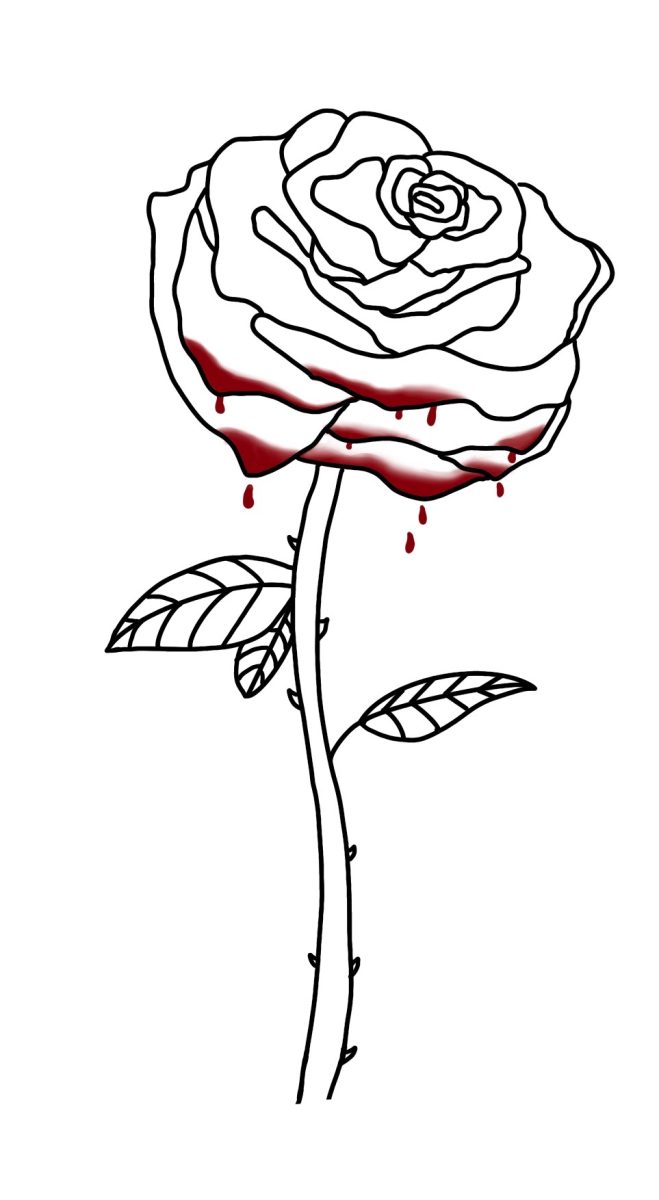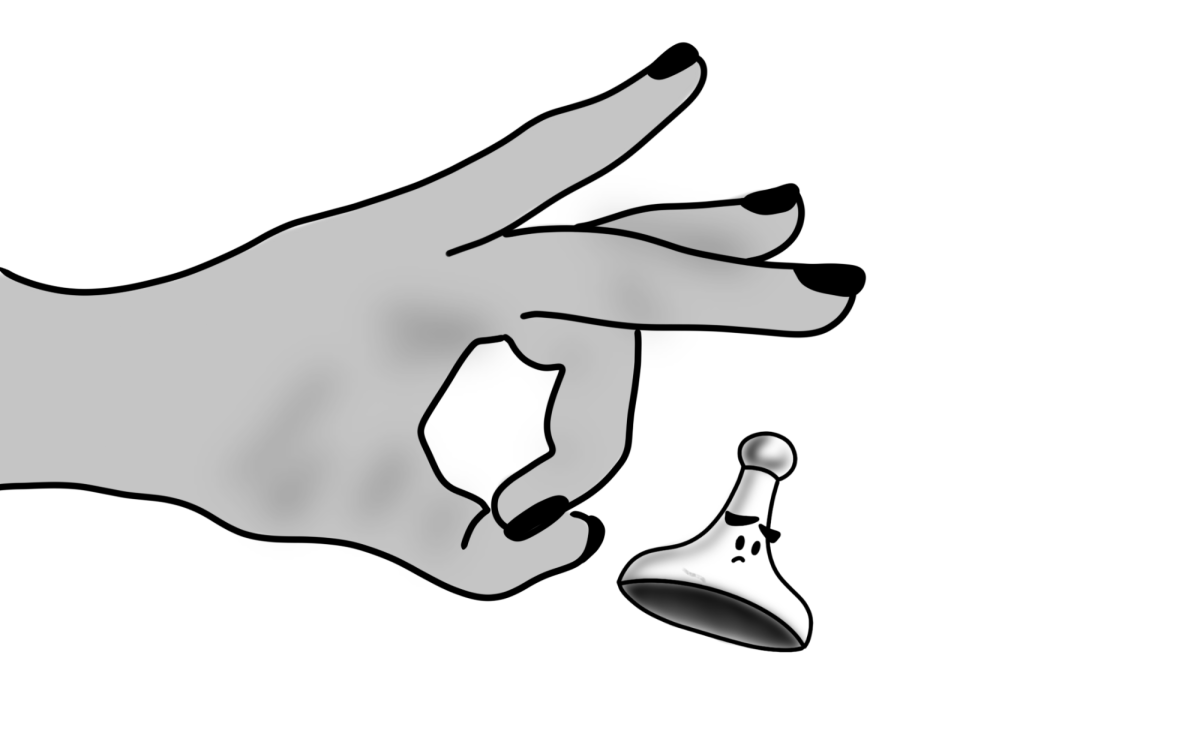When I moved from Los Angeles to Marin County ten years ago, there was a very clear shift in culture. I went from being surrounded by people who resembled me and my Latina features to being surrounded by those who didn’t. I was unfazed by this shift until I entered middle school and began to notice the existence of “conventional” beauty standards. I would dream of being skinnier with lighter skin and straighter, lighter hair so I could be “prettier.” Then I began to wonder, what influenced my perception of beauty? Why did I feel pressure to alter aspects of myself? I now realize that the problems weren’t with my looks but rather with the preconceived beauty standards society had in place. In communities like Marin, there needs to be a shift in beauty norms as they are still based on racist ideas. Although it’s important to acknowledge different aspects of beauty, it’s more important to avoid feeling the need to change unique features simply because they don’t fit the “standard beauty norms”.

Throughout history, there has always been the idea of white superiority. Whether it was slavery, segregation or social Darwinism, there has been a constant divide due to the color of one’s skin. There is still colorism or color bias today. According to an article by NBC News, this is a “system of inequality in which lighter skin on non-white people is considered more beautiful, socially acceptable and deserving of privileges.” It was found in a 2021 Pew Research survey that 59 percent of Hispanic adults believed having lighter skin would “help them get ahead” in the United States. As a Hispanic person myself, my mom would always tell me to wear sunscreen. However, for my mom, wearing sunscreen had another purpose besides protecting my skin. It was also meant to protect my “color” as it would make me “prettier” if I kept my skin as light as possible. This is not just a personal experience. Others even use skin lighteners to succumb to these beauty norms. Dr. Roopal Kundu, founder and director of the Northwestern Medicine Center for Ethnic Skin and Hair, has focused on discovering why people utilize these products.
“[The popularity of skin lighteners] gets back to lighter skin being [viewed as] more aesthetic or [as] something considered to be of value among certain communities. This is centuries in the making, generations in the making,” Kundu said.
In a Columbia University Mailman School of Public Health and WE ACT for Environmental Justice study, it was found that the desire to fit beauty standards was the leading reason for using skin lighteners. 57 percent of users felt more beautiful with lighter skin, while 28 percent said that lighter skin made them feel more comfortable socially.
Along with the study on skin lighteners, there was a similar one on chemical straighteners. 61 percent of chemical straightener users reported using chemical straighteners because they felt “more beautiful with straight hair.”
While it’s essential to encounter uncomfortable situations in order to break conventional beauty norms, it’s also important to acknowledge that feeling comfortable socially is crucial to one’s daily life and interactions. Social comfort shouldn’t be overlooked, especially in places where beauty norms still reflect racist ideas. However, embracing uncomfortable situations will allow the acceptance of unique characteristics, creating a more inclusive environment for all and allowing for more social comfort and acceptance.
Joanna Ho, an award-winning and New York Times best-selling author, wrote, “Eyes that Kiss in the Corners,” a picture book to recognize the beauty behind eyes of Asian descent. In a blog, Ho wrote a personal essay on the meaning behind the book and her own experiences.
“Learning to recognize our own beauty in the face of relentless dehumanizing messaging is an act of tremendous strength and power. It means breaking narratives designed to silence us and disrupting systems created to oppress us,” Ho said. “It means embracing who we are, where we are from and who we can be. It is an act of resistance and revolution.”







